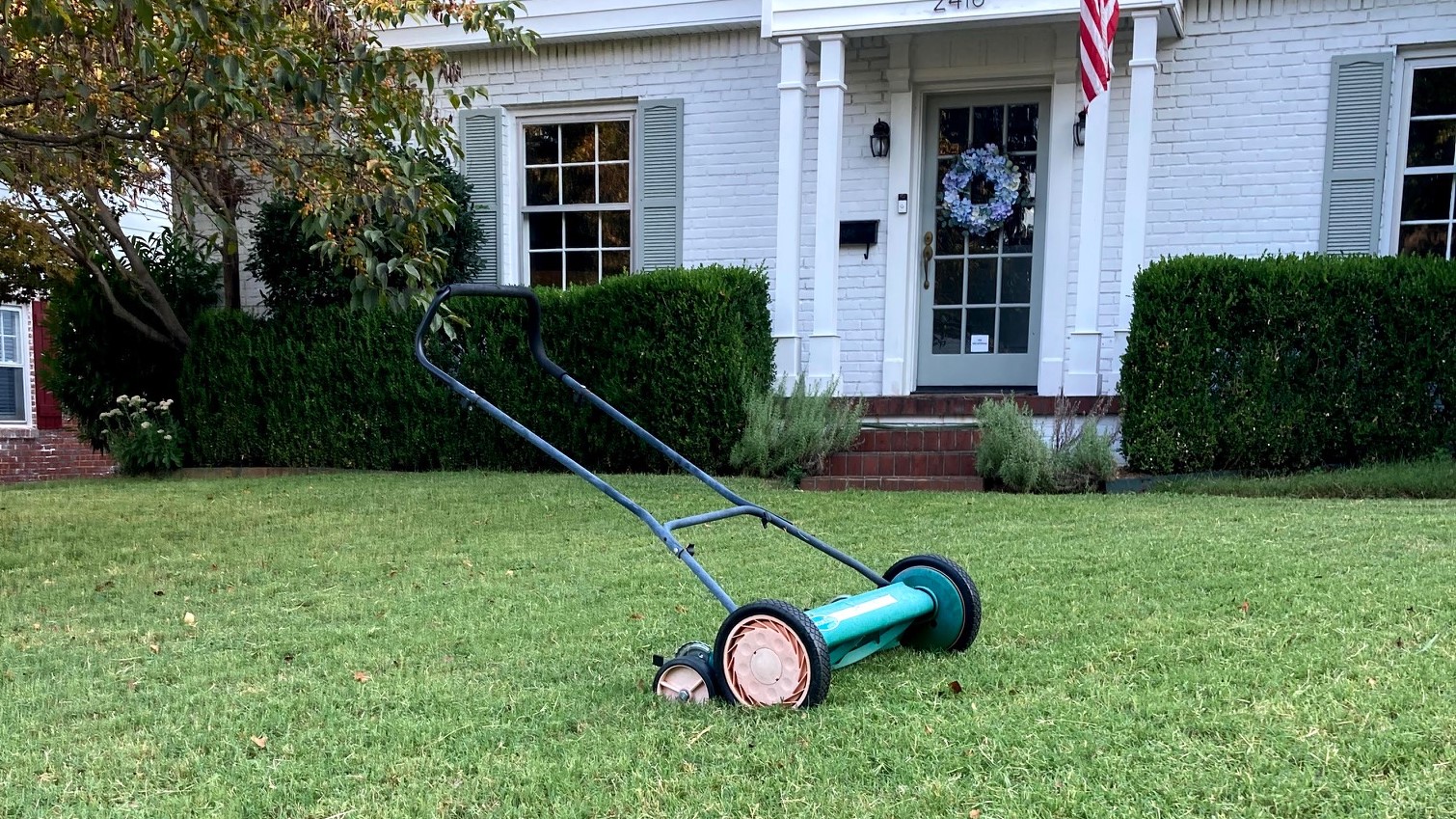October 30, 2021
Hello again…I took some time off in my writing to do other things. Client projects, home projects, and a new venture to be announced shortly. It’s been good to, as Michaela Coel put it: “…do not be afraid to disappear. From it. From us. For a while. And see what comes to you in the silence.”
This weekend, in addition to being Halloween, is another big Trick and Treat event: COP26 in Glasgow, Scotland.
COP26 refers to the 26th meeting of the Council of Parties, aka the 26th Conference of the Parties to the United Nations Framework Convention on Climate Change. The Paris conference was the previous Big One you may have heard of; approved and ratified just before Donald Trump took office, DJT chose to take the US out of the agreement to placate his donors with fossil energy interests.
COP26 is being described by many as our Last, Best Hope to agree on items to help the climate at the national scale, and keep us below the 1.5 Celcius average temperature ceiling that will render some parts of the earth unbearable to humans in the next century. Laudable to be sure, since it’s taken approximately 400 years to create the problem it will require heavy lifting by everyone to get us out.
Living in Oklahoma, where an oil boom began almost 116 years ago before statehood, we are in a unique position in the history of global energy. We’ve been extracting oil in industrial-strength quantities since before the first Ford Model T rolled out. The history of oil and our individual family histories are linked — we have a small bottle of crude oil, sealed in 1925 from my wife’s grandfather’s first big oil strikes, grainy photos of old Pennsylvania oil derricks in frames, and stories of using early technology to improve the efficiency of pumping operations. At a time when automobiles were supplanting horses, it was the technological know-of and risk-taking of our grandparents that has created much of the world we now live in, down to the hydrocarbon byproducts of the refineries being made into laundry detergent.
I find it surprising and sad that the local firms who created our world haven’t kept pace with the change that a COP26 world is creating. A lot of the big international players have wisely begun branding themselves as Energy Companies, not Oil Companies, and even our local energy grid is 25-50% wind-supplied, and getting more so every year. There are great potential profits in creating a new worldwide energy grid, which definitely requires heavy lifting.
But before we get to that day, there will still be needs for hydrocarbons, and the machinery in place around the world will still be necessary. The solution: carbon offsets. This is where someone uses a method of doing something that does not involve adding carbon (CO2) to the environment, and they can TRADE that carbon “savings” to another company who DOES release carbon, thereby OFFSETTING a portion of their CO2 release.
We can all take part in this market. As a person or a family, you can calculate your total carbon footprint, and then seek to reduce it. Just like Google, Apple, Sky TV, and KINK-FM Radio in Portland, who have all either lowered their carbon footprint or are paying carbon offsets. For example, I use a “Reel” lawnmower, where there is no carbon output. This means the estimated 85 pounds of CO2 that my gasoline mower released into the atmosphere is taken off the table.
On the negative side, I live in a home built in 1938 that uses more energy than a newer, better-insulated home.
I feel good in both getting more exercise by pushing this thing around, but it’s also a great illustration of how we all can do something personally to help the environment. Before long, we’ll all have at least one fully electric vehicle in the garage (maybe two). Improvements in battery technology (the so-called “hot iron batteries”) are coming out that will enable utilities to save wind-generated electricity overnight, at a low cost. The new world we’re creating will be significantly different from the world our grandparents created in the 1920s, and there’s no need to fear that change.
Meanwhile, does anyone want to buy a carbon offset of 85 pounds of CO2?
